Debunked: 11 Health Myths You Believe That Are Quietly Raising Your Blood Sugar
There’s a quiet power in the stories we tell ourselves about health—especially when it comes to blood sugar. For years, familiar wisdom and old advice have crept into our thinking: what causes a spike, who’s truly at risk, which habits really matter. The truth? Many of these beliefs aren’t just outdated—they can work against us in ways we barely notice. But information is freedom. When you gently peel back these myths, you open up a world where food feels less like a minefield and more like nourishment, where age is a spectrum of possibility, and where simple habits put you in the driver’s seat of your own well-being. Navigating blood sugar isn't just about dodging desserts or worrying only if you carry a certain body type. Our lives are nuanced, and so is the science of glucose. From hidden stresses to misunderstood snacks, these silent saboteurs can quietly nudge our numbers higher—even as we think we're making all the right choices. By shining a gentle light on these misconceptions, you can move forward with both wisdom and kindness. Let’s untangle eleven of the most persistent myths together—so your daily decisions truly reflect what supports lasting energy, clear thinking, and joyful aging. Ready to rewrite the story?
1. Sugar Directly Causes Diabetes
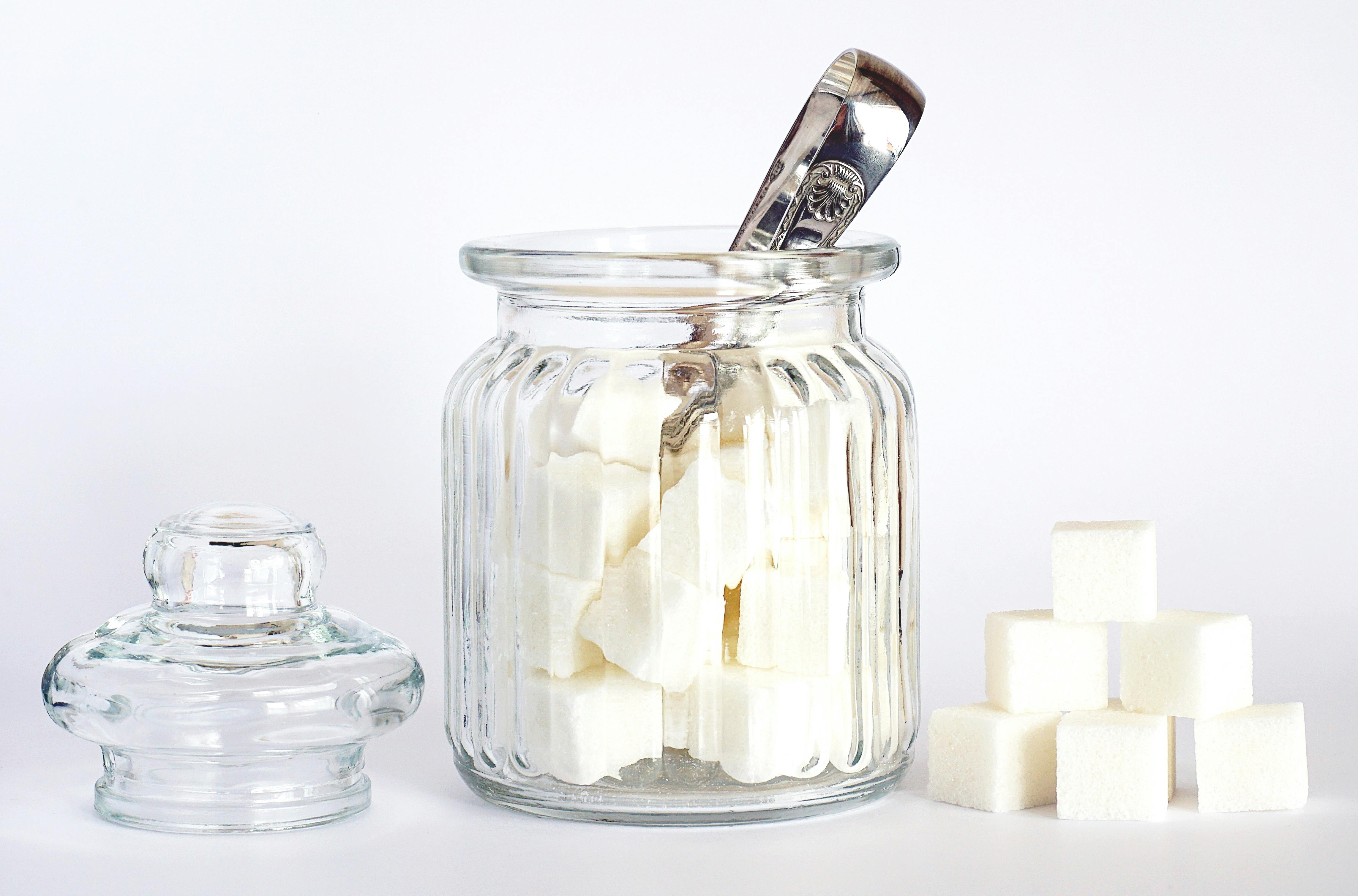
The story that eating sugar directly causes diabetes has been shared at dinner tables for decades. This myth is simple, but the reality of how blood sugar works is far more complex. Yes, regularly consuming large amounts of sugar—think multiple sugary drinks or desserts every day—can contribute to weight gain and raise your risk for type 2 diabetes. But eating a slice of birthday cake now and then isn’t a direct ticket to diagnosis. Type 1 diabetes isn’t triggered by sugar at all; it’s an autoimmune condition. For type 2 diabetes, risk factors have more to do with a lifelong mix of genetics, body weight, and lifestyle choices. Around 1 in 10 people in the United States live with diabetes, and the vast majority (90%) have type 2. Most experts agree: it’s the pattern of excessive sugar intake—especially when paired with little movement and processed foods—that matters most. Instead of facing every sweet treat with worry or guilt, try thinking about how sugar fits into the bigger picture. Occasional indulgence, balanced with wholesome choices, is not only possible but healthy. Focus on mindful eating and overall variety for a relationship with food that’s joyful, not anxious.
2. Only People with Obesity Develop Blood Sugar Issues
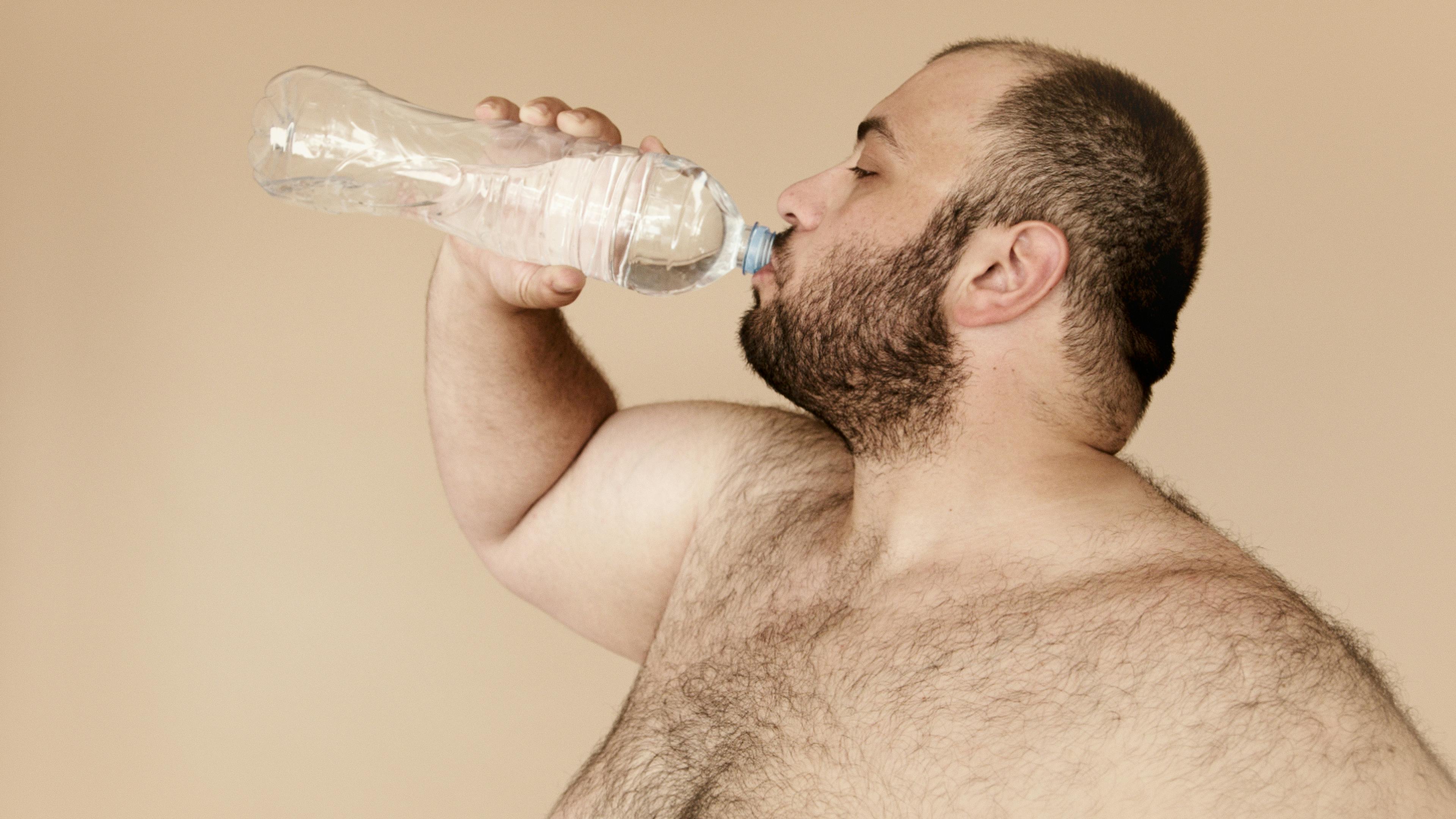
If you've ever thought, “That doesn’t apply to me—I’m not overweight,” you’re in good company. It’s one of the most common assumptions out there, but the science tells a different story. Blood sugar disruptions and diabetes do not discriminate strictly by size. About 11% of people with type 2 diabetes in the U.S. are not overweight or obese at all. That’s a sizable group—and a powerful reminder to look beyond appearances. Thin bodies, active lifestyles, and even younger people can be affected if genetics, family history, or stress are in the mix. Other contributors, like chronic inflammation and hormone imbalances, don’t show up on the scale, and they certainly don’t care what’s on your clothing tag. Checking in on your health is an act of self-kindness, no matter your shape. Screening and mindful habits are for everyone, not just those who “look the part.” Instead of thinking about blood sugar as a fate tied to size, consider it a system that reflects how your whole life—sleep, stress, movement, and yes, food—flows together.
3. “Diabetic” Foods Are Necessary or Always Safer
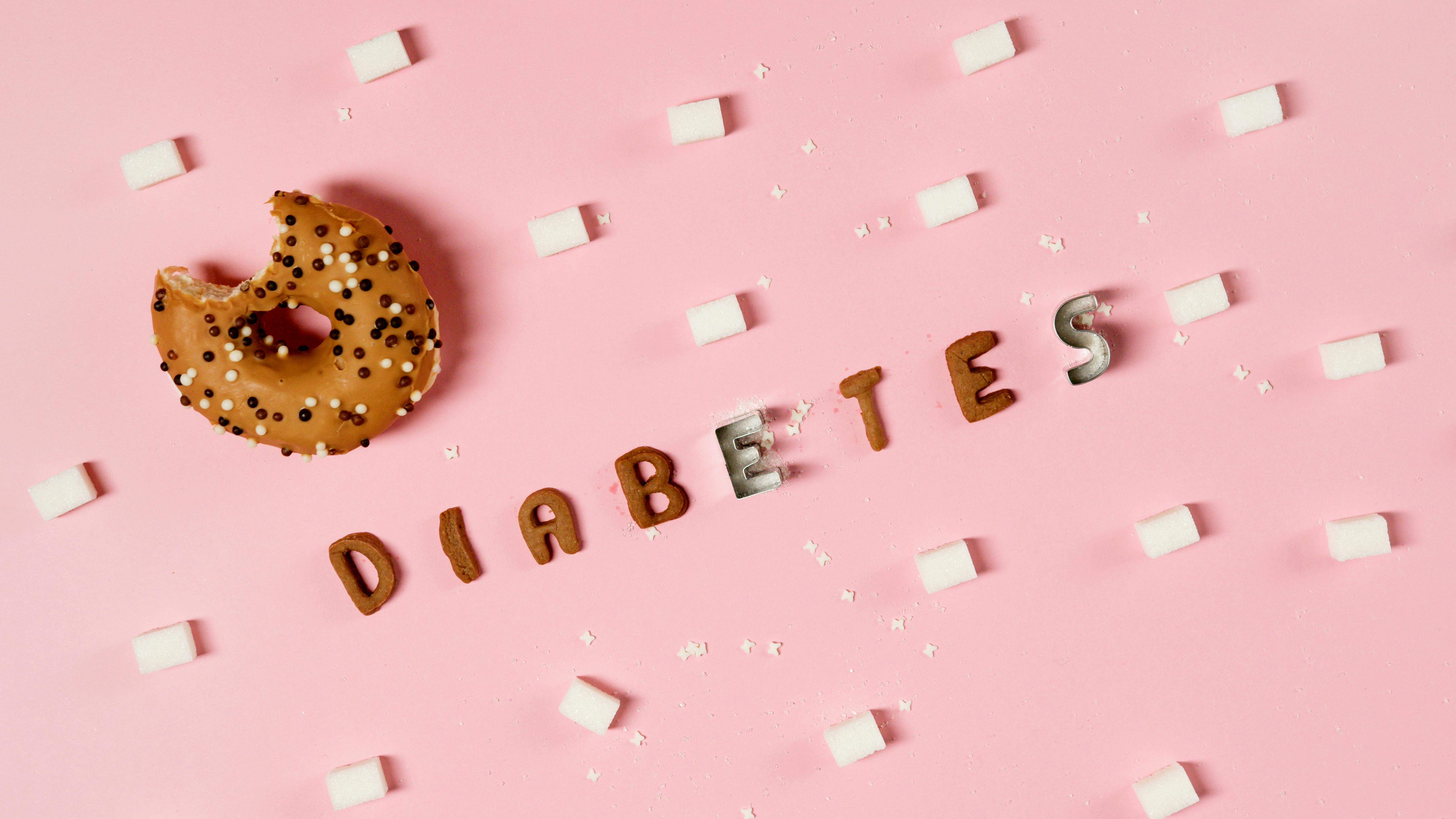
Walk down any grocery aisle and you’ll see shelves of “diabetic-friendly” foods just begging for a spot in your cart. But not everything with a special label is a better choice. In truth, these products sometimes contain just as many (or more) carbohydrates and added sugars as their standard versions—they’re just dressed up by clever marketing. “Diabetic” foods are often processed and may include sugar alcohols or substitute ingredients that affect your body in unexpected ways. The American Diabetes Association suggests there’s no need for special foods as long as whole, unprocessed, and nutrient-rich ingredients are at the heart of your meals. The occasional treat fits, too, especially when you know what’s in it and balance it with protein and fiber. When in doubt, check nutrition labels and stick with items naturally low in added sugar. Remember, the best “diabetic” food is a plate made with whole foods you enjoy and savor. It's not about restriction—it's about understanding what helps you feel sustained and satisfied, every day.
4. Blood Sugar Is Only Affected by Food
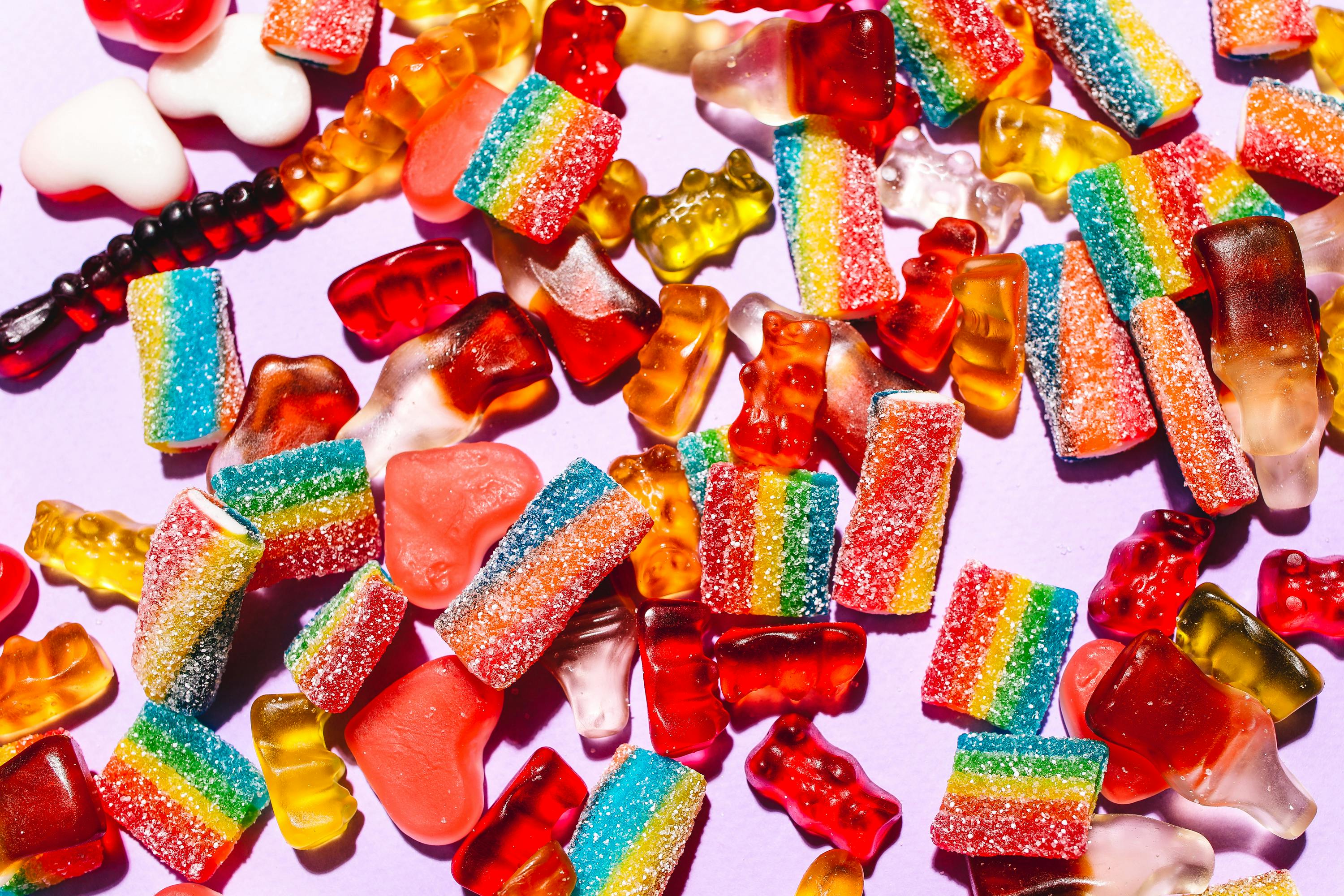
Think back to a day when your blood sugar numbers seemed off, even though your meals were on point. There's a reason: glucose doesn't just respond to what’s on your plate. Stressful meetings, sleepless nights, a gentle cold, or starting a new medication can all quietly nudge your numbers upward. Sleep is especially powerful—a few restless nights can raise your average glucose just as much as a dessert or two. Stress hormones like cortisol send the signal for your liver to release extra glucose, serving as rapid fuel during tense times. For some, hormonal fluctuations during illness or even monthly cycles can also have surprising effects. Instead of focusing only on food, make room for supportive routines that nurture your whole body—plenty of rest, gentle stress reduction, and thoughtful tracking if you’re managing your levels. You’ll soon see how interconnected your wellness truly is.
5. Stress Has No Effect on Blood Sugar

Sometimes it’s the things we can’t see—tight shoulders, racing hearts, worries at bedtime—that leave the biggest mark on our well-being. High stress isn’t just a mental load; it triggers a biological response, pushing the body to release cortisol and other hormones. These chemicals instruct your liver to flood your bloodstream with glucose, readying you to “fight or flee”—even if you’re just glued to your inbox. Research has verified that acute or chronic stress can cause blood sugar levels to climb, regardless of whether you have diabetes. Even non-diabetics see measurable changes after particularly rough patches. Over time, unchecked stress can make blood sugar regulation much harder, subtly exhausting your system. Gentle, regular stress-relief rituals—like slow walks, breathing exercises, or laughter with a friend—can do more for your glucose balance than you might guess. Every small act that lightens your burden can help keep those numbers in a more peaceful place.
6. Fruit Is “Bad” for Blood Sugar

Fruit has gotten an undeserved bad reputation when it comes to blood sugar. Fruit indeed contains simple sugars—but nature packed them alongside fiber, water, vitamins, and antioxidants. That fiber slows down how quickly glucose hits your bloodstream, making whole fruit a far cry from candy or soda. Rather than fearing bananas or berries, focus on the portion and what you eat them with. Pairing fruit with a healthy fat or protein—think apple slices with almond butter, or berries on Greek yogurt—smooths glucose response even further. The real trouble comes from fruit juices or dried fruits with added sugar, which can hit fast and hard. So, skip the guilt. Enjoy seasonal fruits, and use them to add both pleasure and nutrition to your routine. They’re not the villain—just another nourishing option in your toolkit.
7. Artificial Sweeteners Don’t Affect Blood Sugar

Grab a pink, yellow, or blue packet, and you might assume you’ve outsmarted blood sugar spikes. But research shows the story isn’t so straightforward. While many artificial sweeteners don’t directly raise glucose, some evidence suggests that certain types may still influence insulin response or alter gut bacteria in ways that could affect long-term blood sugar patterns. That doesn’t mean you need to toss every sugar-free item, but moderation is key. Swapping every treat for an artificially sweetened version may not pay off the way you hope. Diet diversity—using a mixture of small amounts of natural sweeteners and the occasional artificial one—tends to be safest. Listen to your body, read ingredient labels, and lean into whole-food sources of sweetness—like fruit or cinnamon—when you can. It’s less about being perfect, more about finding a balance that truly works for you.
8. Skipping Meals Helps Lower Blood Sugar
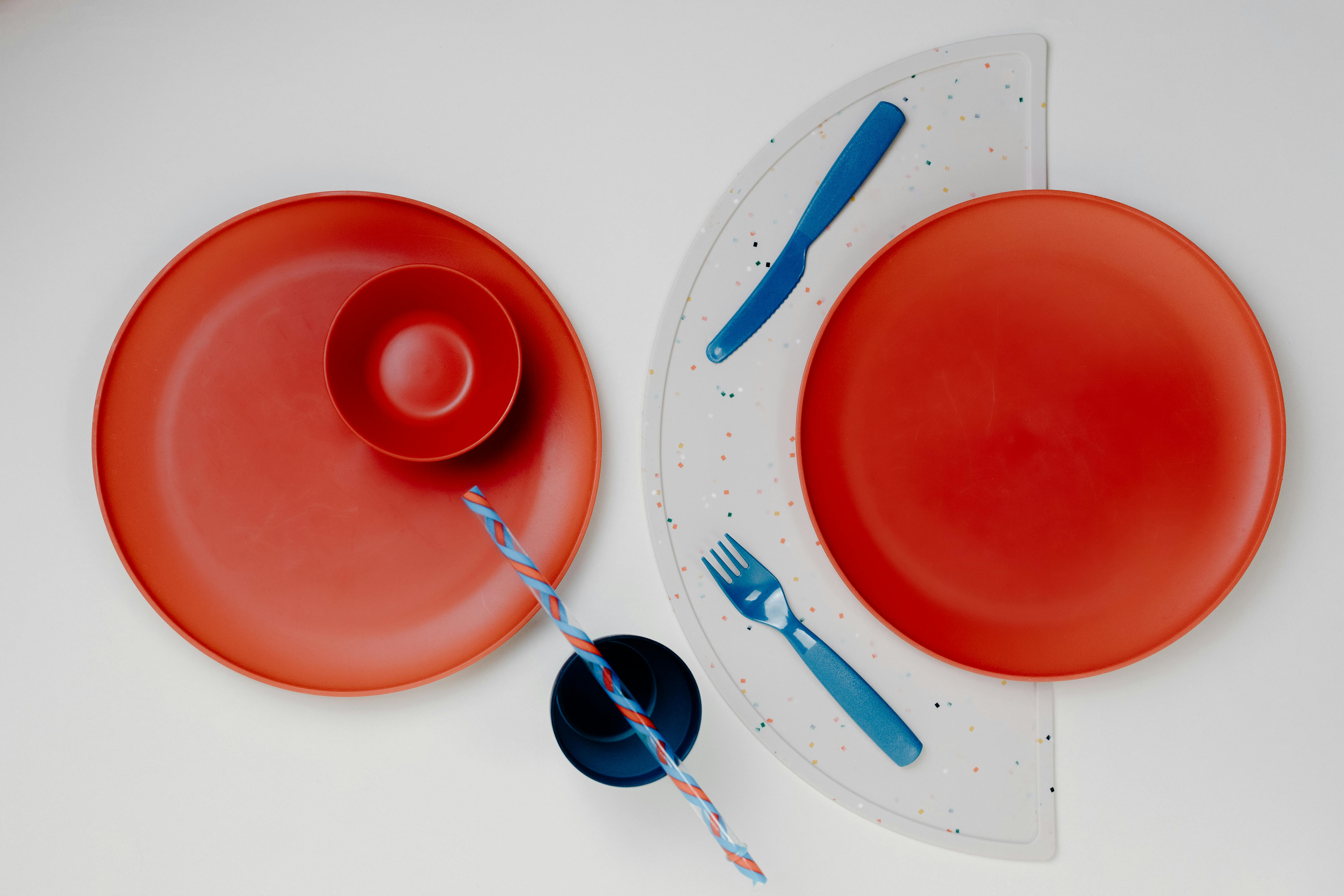
The idea that skipping breakfast or lunch gives your blood sugar a break is tempting—after all, less food must mean lower glucose, right? Not necessarily. Missing meals can prompt your body to release stored glucose for energy, leading to surprising increases. Plus, fasting often triggers overeating or cravings later, ultimately making your blood sugar pattern less stable and more unpredictable. Consistency really is king. Gentle, evenly spaced meals and snacks allow your body to use energy gradually—no roller coasters, no surprises. For those who find mornings tough, even a light snack like a handful of nuts or a boiled egg can set a balanced tone for the day. Consider meal timing as self-care, not just another rule. Your body thrives on rhythm—so give it steady support, rather than big swings from feast to fast.
9. Medication Alone Controls Blood Sugar
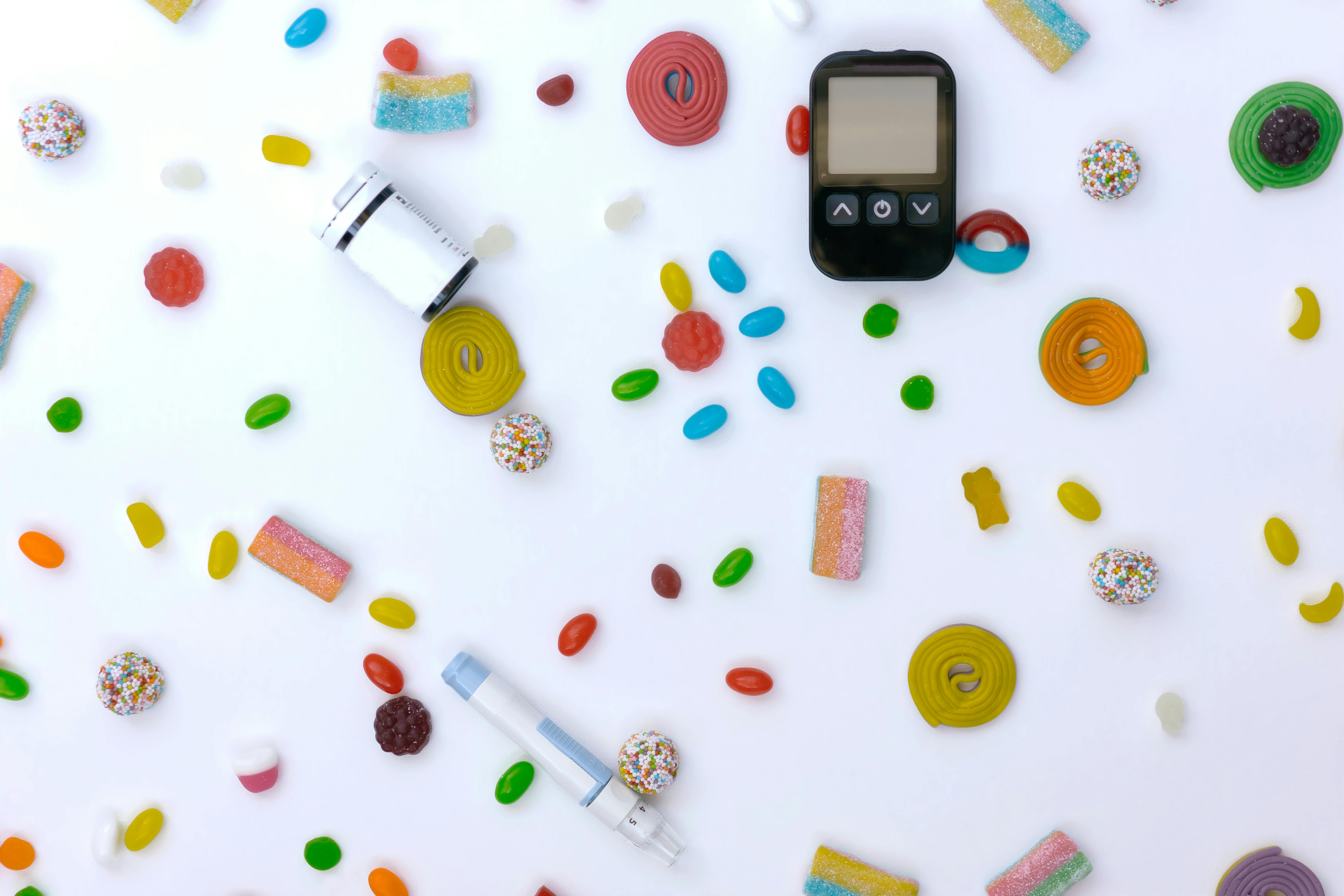
Medication is an important ally in managing blood sugar, but it’s not the whole story. Prescriptions can help your body process glucose, but they can’t give you restful sleep, lower your stress, or add more vegetables to your lunch. Think of medicine as a powerful tool in a much larger kit. Research shows that combining medication with steady movement, balanced nutrition, stress management, and good sleep delivers the best results—for both numbers and overall well-being. And those lifestyle elements don’t have to be dramatic. Even gentle activity, like gardening or walking to the mailbox, offers measurable benefits. Remember: You lead the way. Medications support your journey, but your choices and daily routines fill in all the most important details.
10. Only Older Adults Need to Worry About Blood Sugar
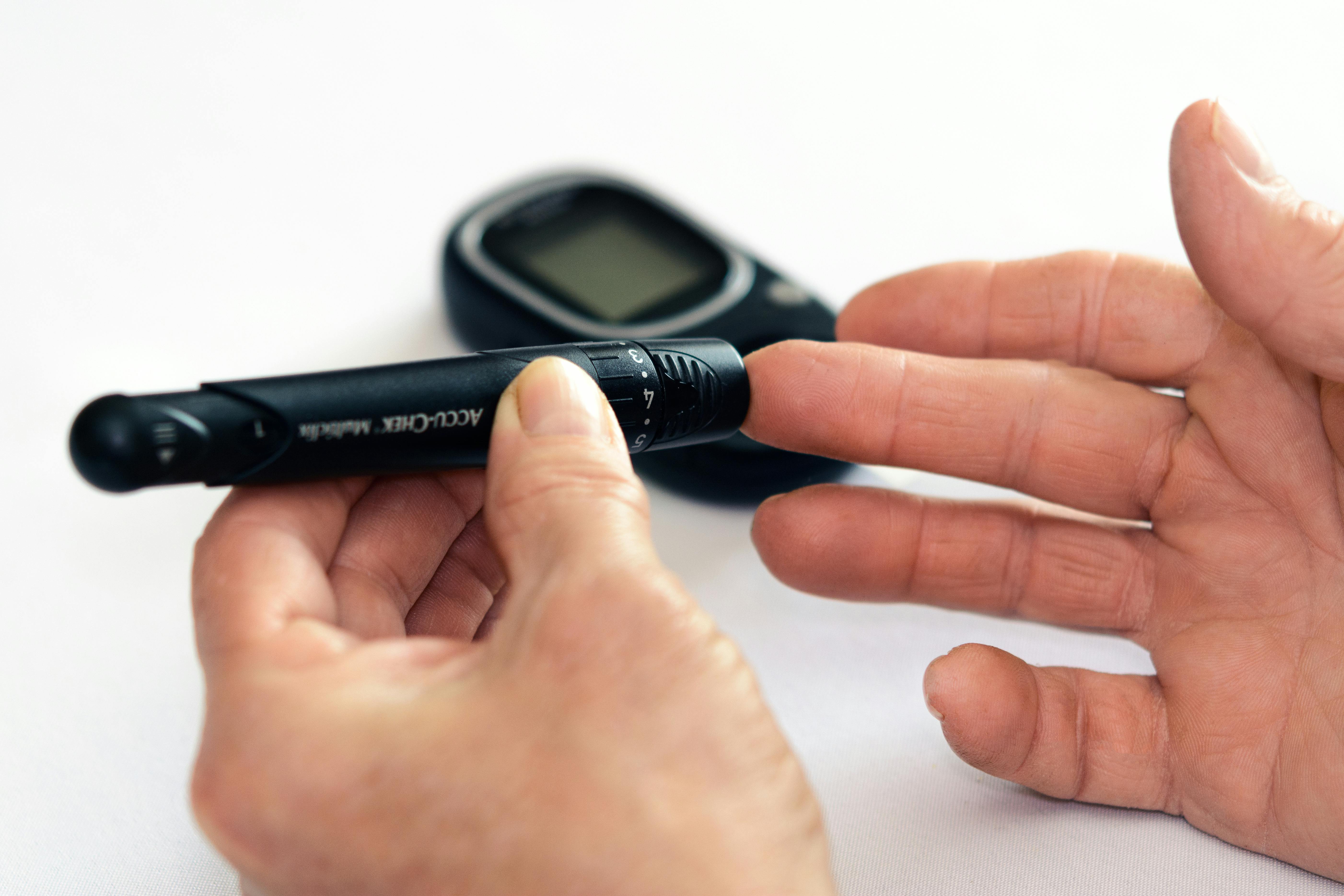
It’s common to hear that blood sugar concerns only crop up with age. But younger adults—especially those with mostly sedentary routines or family histories of diabetes—can quietly experience elevated levels, too. Lifestyle shifts in the last few decades mean more people under 40 see irregularities their grandparents never did. Blood sugar health really starts with awareness and curiosity, not fear. Early, gentle changes can keep your metabolism resilient, no matter your birth year. If you spend much of your day at a desk or have relatives with diabetes, this is your invitation to check in early and often. No need to wait for a milestone birthday. Tuning into blood sugar is a lifelong practice to help keep you feeling energetic, clear-headed, and strong—at every age.
11. Supplements Can “Cure” Blood Sugar Issues
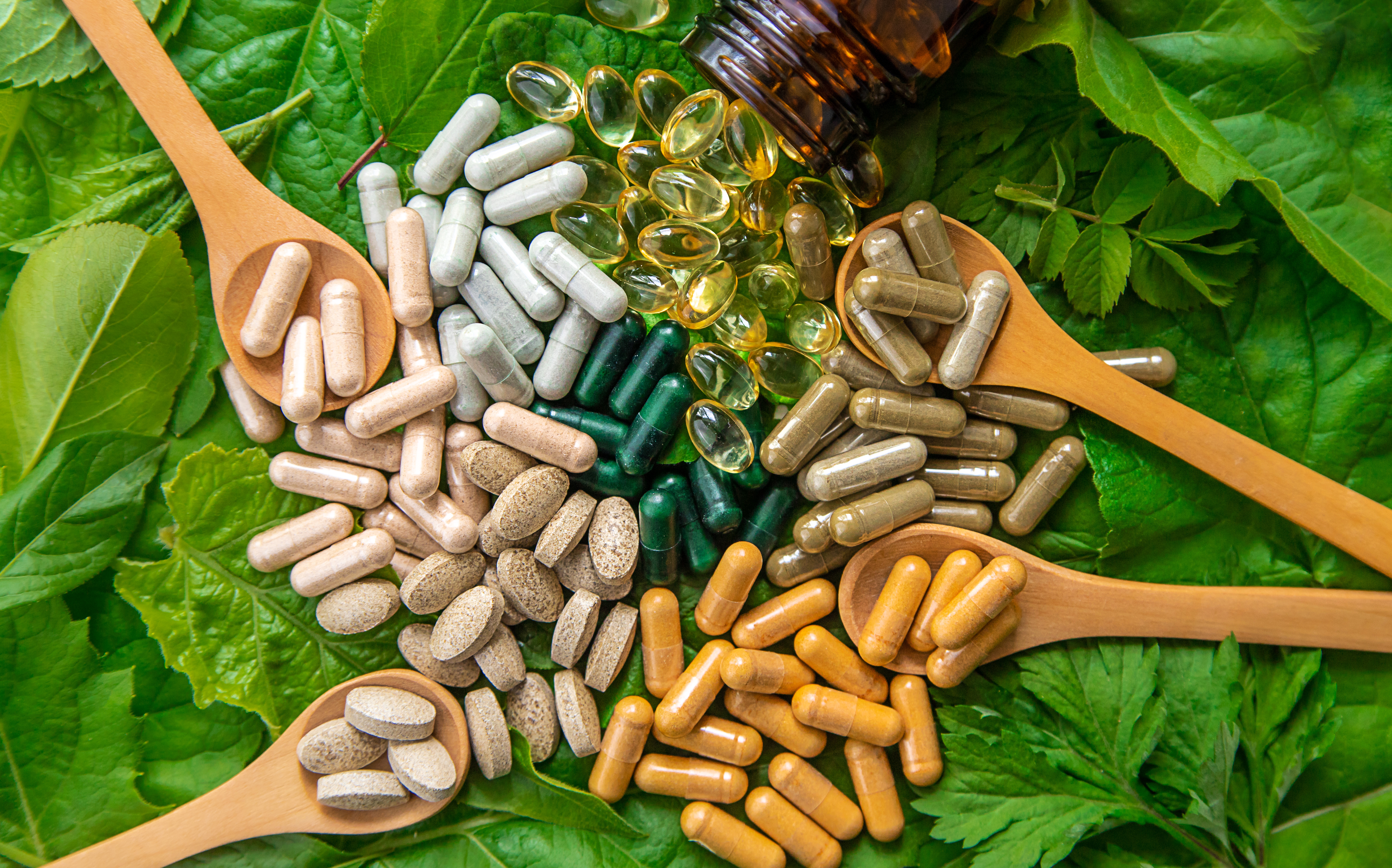
Advertisements for miracle supplements and “natural cures” for blood sugar are everywhere, but hope shouldn’t take the place of real science. There’s no vitamin, mineral, or plant extract that can cure diabetes or singlehandedly solve blood sugar imbalances. It’s not from lack of trying—studies continually investigate herbs like cinnamon or bitter melon, but results remain mixed and never as potent as healthy routines. The best gains come from what’s proven: a nourishing pattern of movement, rest, stress care, and nutrition, sometimes alongside medications if prescribed. If you’re curious about supplements, consult your healthcare provider, and use them only as an addition—not a replacement—for your core strategies. In a world of quick fixes, your patient, consistent habits are the true pathway to lasting wellness and steady energy.
Choosing Kind Truth Over Quiet Myths
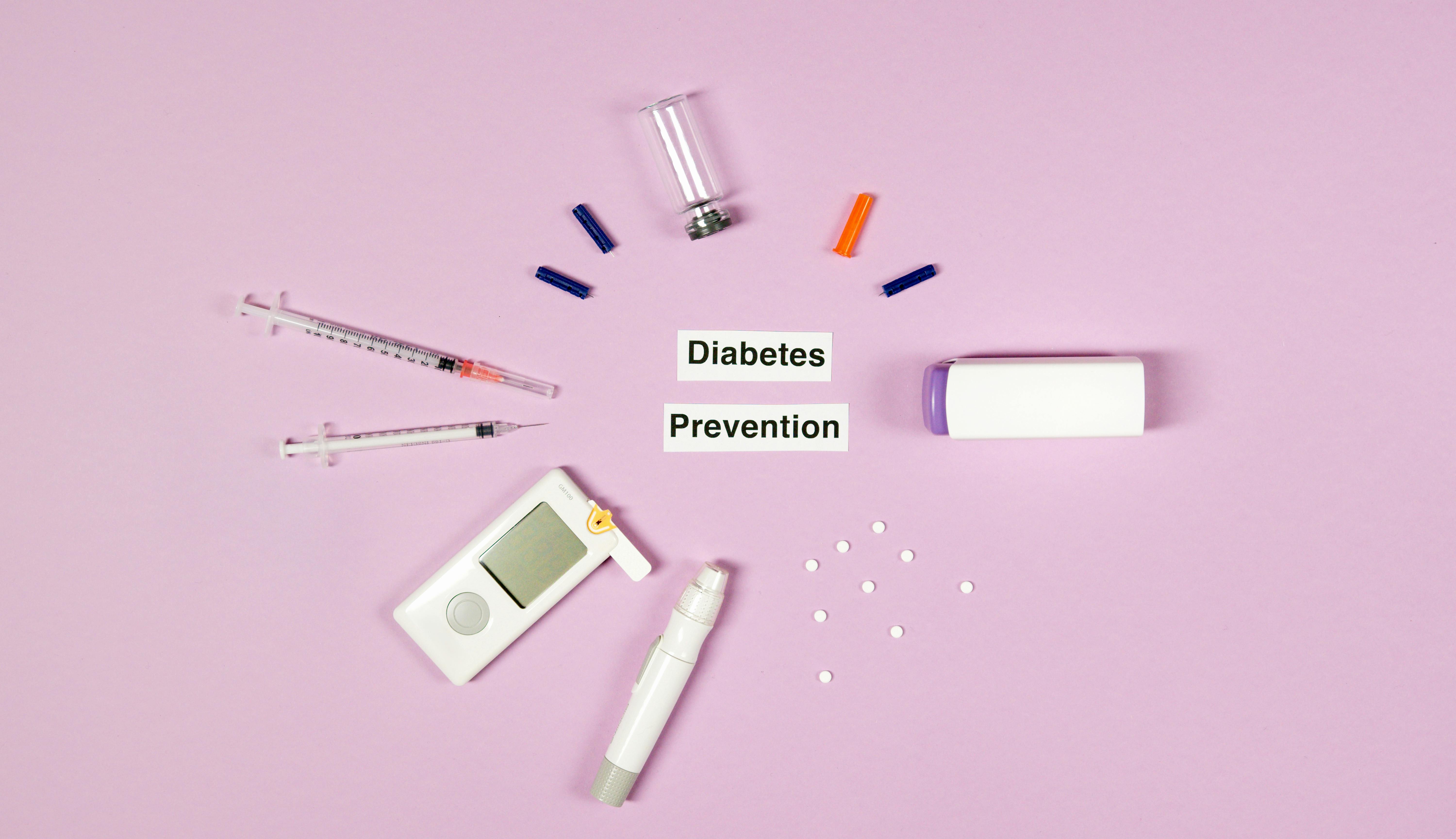
Your health journey is made of a thousand tiny choices—some conscious, many shaped by the quiet myths we inherit along the way. The beauty is, each myth you meet with honest curiosity becomes a chance to rewrite your story and reclaim your well-being. Aging vibrantly and living with balanced blood sugar isn't about strict rules, restrictions, or fear. It's about gentle awareness, gradual shifts, and the wisdom to ask, "Is there a kinder, truer way?" You’re not alone in sorting through these stories. Every step you take—whether it’s adding color to your plate, sharing a laugh during tough times, or simply resting when your body asks—contributes to a life that’s more energetic, peaceful, and empowered. Myths can shape us, but they don’t define us. Your willingness to look beneath old beliefs and gently invite in new, evidence-based habits is powerful beyond measure. Celebrate the progress you make, honor the questions you still carry, and remember: lasting health is built not on perfection, but on understanding, compassion, and the freedom to grow every day. Here’s to truth, balance, and the vibrant journey ahead.